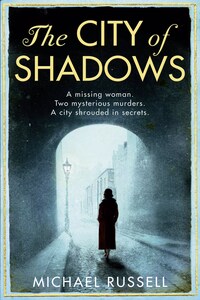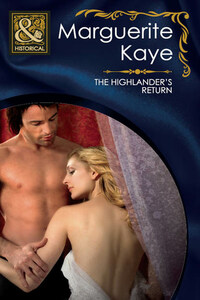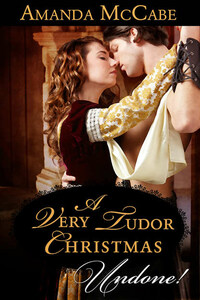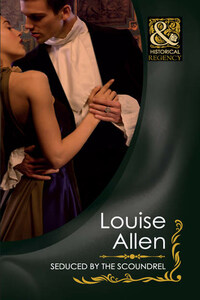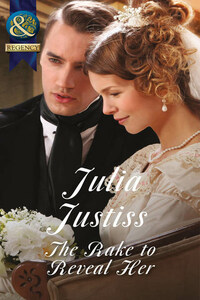Dublin, June 1932
The moon shone on the Liffey as it moved quietly through Dublin, towards the sea. The river was sparkling. Silver and gold flecks of light shimmered and played between the canal-like embankments of stone and concrete that squeezed it tightly into the city’s streets. By day the river was grey and sluggish, even in sunlight, darker than its sheer walls, dingier and duller than the noisy confusion of buildings that lined the Quays on either side. Its wilder origins, in the emptiness of the Wicklow Mountains, seemed long forgotten as it slid, strait-jacketed and servile, through the city it had given birth to. It wasn’t the kind of river anyone stood and looked at for long. It had neither majesty nor magic. Its spirit had been tamed, even if its city never had been. From Arran Quay to Bachelor’s Walk on one side, from Usher’s Quay to Aston Quay on the other, you walked above the river that oozed below like a great, grey drain. And if you did look at it, crossing from the Southside to the Northside, over Gratton Bridge, the Halfpenny Bridge, O’Connell Bridge, it wasn’t the Liffey itself that held your gaze, but the soft light on the horizon where it escaped its walls and found its way into the sea at last. Yet, sometimes, when the moon was low and heavy over the city, the Liffey seemed to remember the light of the moon and the stars in the mountains, and the nights when its cascading streams were the only sound.
It was three o’clock in the morning as Vincent Walsh walked west along Ormond Quay. There was still no hint of dawn in the night sky. He had no reason at all to imagine that this would be the last day of his short life of only twenty-three years. He caught the glittering moonlight on the water. He saw the Liffey every day and never noticed it, but tonight it was full of light and full of life. More than a good omen, it felt like a blessing, cutting through the darkness that weighed him down. It was a fine night and surely a fine day to come. Turning a corner he saw lights everywhere now, lighting up the fronts of buildings, strung between the lampposts along the Quays, illuminating every shop and every bar. Curtains were drawn back to show lamps and candles in the windows of every home. The night was filling up with people. The streets had been empty, even fifteen minutes ago, when he’d set off from Red Cow Lane, but suddenly there were figures in the darkness, more and more of them now, in front, behind, crossing over the bridges from south of the river, all walking in the same direction: west.
A stream of Dubliners moved along with him, flowing in the opposite direction to the Liffey, growing at every tributary junction that fed into the Quays. Men and women on their own, quiet and purposeful; couples, old and young, silent and garrulous, some holding hands like lovers and some oblivious of one another; families pushing prams and pulling stubborn toddlers, while youngsters of every age raced in and out of the throng with growing excitement. There were young men who walked in quiet, sober groups, some fingering a rosary, and others full of raucous good humour; women and girls, arm in arm in lines across the street, gossiping and giggling as eager, teasing, endless words tumbled out of their mouths. Occasionally the whole population of a side street decorated with flowers and banners erupted out to join the flow of people moving towards the Phoenix Park. Vincent Walsh glanced back to see the first pink glow behind him in the sky. The new day was coming. And it was as if everyone around him had that same thought at once, as if all those footsteps, already full of such happy anticipation, were moving even faster now, more purposefully and more exuberantly forward, to the gates that led into the Park.
